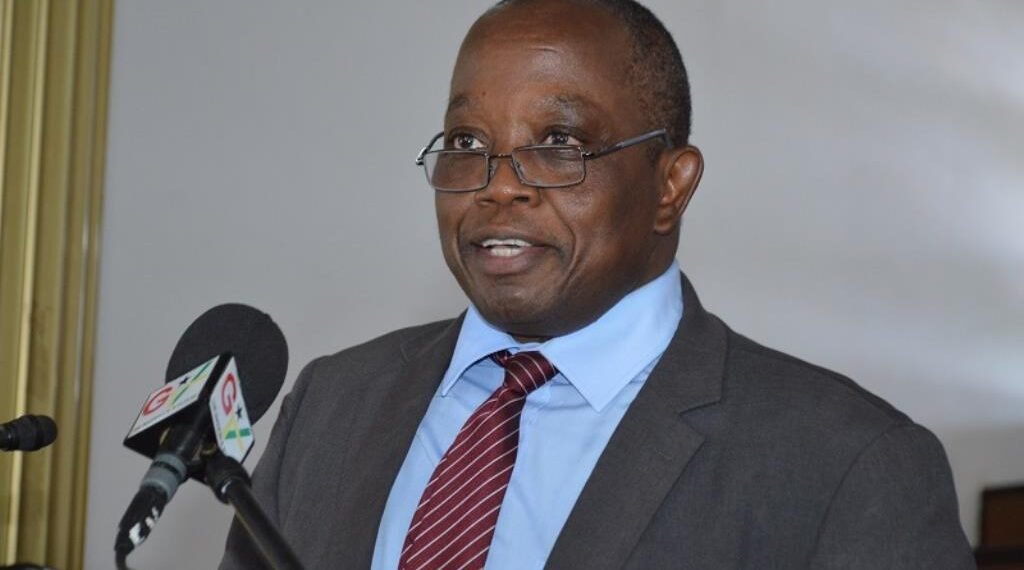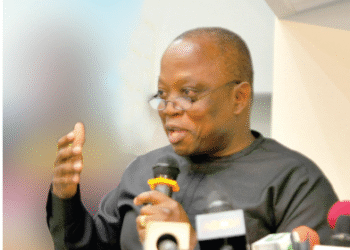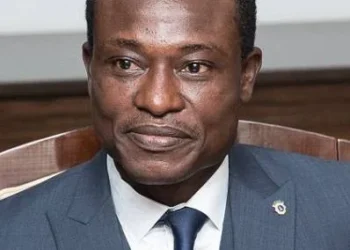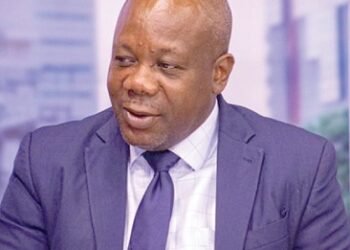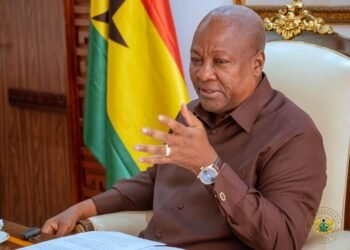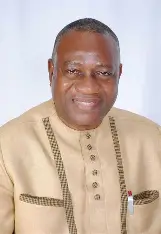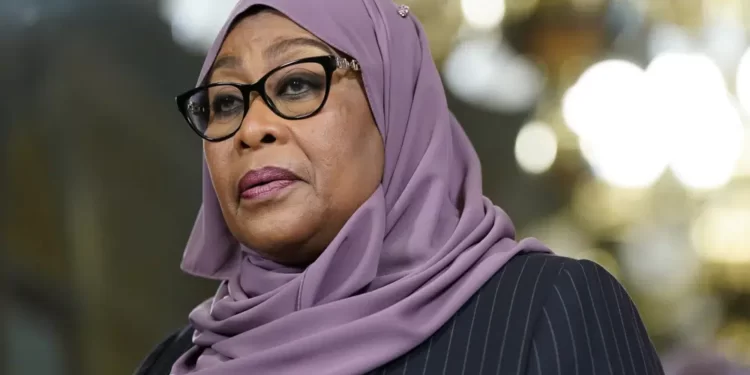Former Auditor-General and current Board Chair of the Economic and Organised Crime Office (EOCO), Daniel Yaw Domelovo, has issued a strong call to his successor, Johnson Akuamoah Asiedu, and the Public Accounts Committee (PAC) of Parliament to reignite Ghana’s accountability mechanisms by surcharging public officials – particularly “the big men”, found culpable in financial irregularities.
Speaking candidly on the state of public financial accountability, Domelovo expressed disappointment over what he described as a noticeable decline in the enforcement of surcharge and disallowance powers vested in the Auditor-General’s office.
According to him, these constitutional tools remain the most powerful mechanisms for deterring corruption and recovering public funds.
“Mind you, one of the biggest mechanisms to check abuse of public funds is the creation of the office of the Auditor-General. The Auditor-General is the only one who goes around to look into your records, identify wrongdoing, disagree with you, disallow it and surcharge.”
Daniel Yaw Domelovo
Domelovo emphasized that the Constitution granted the Auditor-General a “wild mandate” unmatched by any other institution in the accountability chain.
“Have you ever seen a judge who goes around looking for criminals, prosecuting them, and sentencing them? No. But the Auditor-General has been given this wild mandate to act, not just observe,” he said. He expressed frustration that the current Auditor-General appeared to have become too cautious in exercising those powers.

“My successor, I don’t know — I’m not feeling you, Johnson Akuamoah. I’m not seeing the surcharge certificates flying. You should be holding some big guns, the big shots, the big men accountable by now, so that there will be fear and panic in the system, which creates the terror that stops abuse.”
Daniel Yaw Domelovo
He continued: “So, Auditor-General, I plead with you. I like you, you’re my brother. But please, I’m not feeling your game. You must let us feel the game again.”
Domelovo, who gained national recognition for his bold enforcement of surcharge powers during his tenure, noted that the absence of similar actions today had weakened deterrence within the public service. “When people know that nobody will come after them, corruption becomes business as usual,” he warned.
Public Account Committee’s Reluctance
He further criticized the Public Accounts Committee (PAC) for what he described as a tendency to prioritize publicity over accountability. According to him, PAC hearings have become more of a televised spectacle than a genuine effort to enforce responsibility.
“Another institution which disturbs me is the Public Accounts Committee. They organize a TV show — bring ladies and gentlemen, asking, ‘Are you the one who didn’t validate this or who validated that?’ At the end of the day, you answer, and so what? Nobody is held accountable.”
Daniel Yaw Domelovo
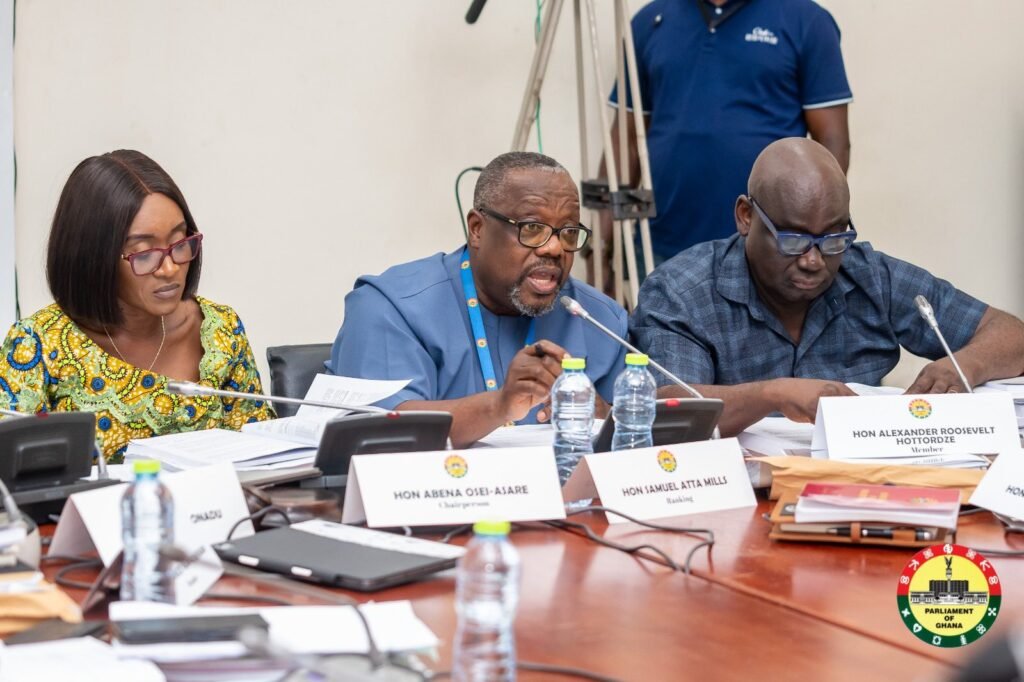
Domelovo said he expected PAC proceedings to trigger swift legal or administrative action against officials implicated in financial misconduct.
“I thought that from there, these people would be taken on by the Attorney-General or the police — investigated and prosecuted, because the bottom line is that most of these are cases of money that has been stolen.”
Daniel Yaw Domelovo
He recalled several instances cited in audit reports where public officials manipulated records for personal gain. “If you remember some of the cases, people validated records so they could get more money. That’s stealing. There should be deterrence in the system,” he stressed.
However, he lamented that rather than being punished, some of these individuals gain social attention and even prestige from their televised appearances before the committee.
“These guys are even made popular by appearing on TV for free. They go to town and say, ‘Did you see me? I was on TV! We must get serious and clean the public service.”
Daniel Yaw Domelovo
Domelovo’s remarks come amid ongoing public debate over the slow pace of accountability for officials cited in successive Auditor-General reports. While the reports detail billions of cedis in unaccounted funds annually, enforcement and prosecution remain rare.
Surcharge Powers not Optional
The former Auditor-General insisted that surcharge powers are not optional but constitutional obligations, enshrined in Article 187 of Ghana’s 1992 Constitution.
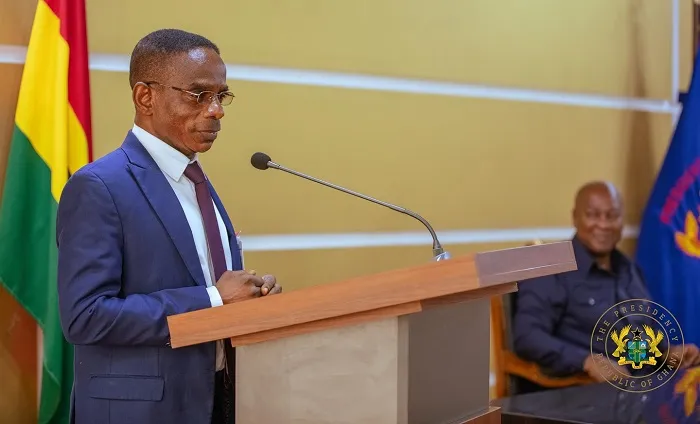
During his tenure, he used those powers to recover millions of cedis in misappropriated funds from public officials and institutions. However, after his controversial exit from office in 2020, the practice appears to have diminished.
While the current Auditor-General has produced detailed audit reports, there has been limited follow-through in applying surcharges and disallowances, a point Domelovo underscored in his remarks.
He also called for closer collaboration between the Auditor-General, the Attorney-General, EOCO, and Parliament to ensure that financial irregularities do not end with media discussions but lead to real consequences.
For him, the fear of the Auditor-General’s office should be palpable across the public sector, just as the fear of prosecution keeps citizens law-abiding.

